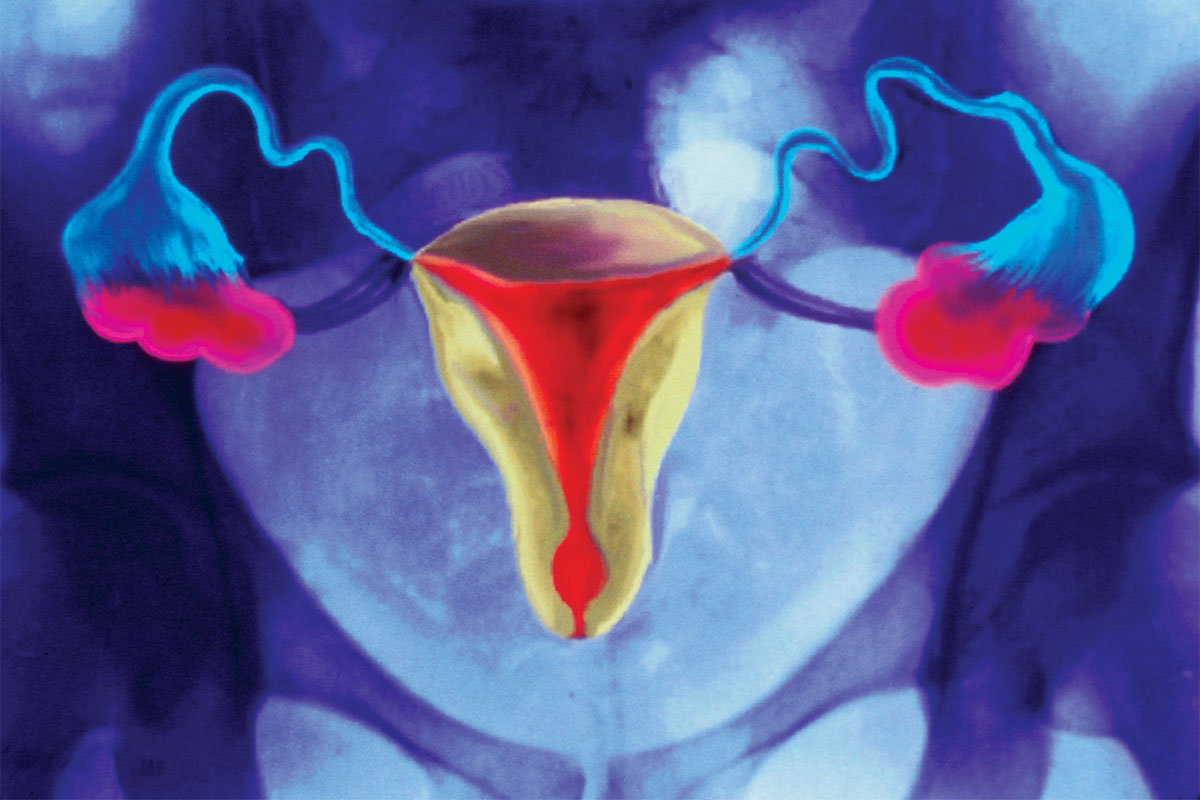
BSIP VEM/Science Photo Library
By Jessica Hamzelou
Ovaries may hold the secret for holding back ageing in females. Swapping an older mouse’s ovaries for young ones seems to reverse the effects of ageing on the immune system and metabolism of female mice, making them live longer. Could people reap the same benefits?
As we age, our metabolism slows and our immune system runs out of steam. Older people are more likely to have severe cold and flu symptoms, probably because they have fewer fresh immune cells left. And a slower metabolism means that glucose stays in the blood stream for longer after eating a meal. Over time, high blood sugar levels can damage organs.
But experiments in mice suggest that transplanting organs from a younger individual could reverse these changes. Jeffrey Mason at Utah State University in Logan removed the ovaries of 10 mice that were 12 months old and had gone through oestropause, a transition similar to the human menopause. He replaced these with ovaries taken from 60-day old mice – roughly equivalent to people in their early 20s in terms of ageing.
Younger bodies
Four months later, Mason assessed the mouse immune systems. The numbers of immune cells that respond to new infections – called naive T-cells – tend to decline with age, and had already fallen in these mice before surgery.
Between the ages of 6 months (before the operation) and 16 months, the number of naive cells in these mice rose by around 67 per cent. Cell counts fell by 80 per cent in untreated mice over the same period.
To test the metabolism, Mason injected the mice with glucose and measured how long it took for their blood sugar levels to return to normal. The mice with young ovaries removed glucose from their blood faster than untreated mice, says Mason, who will present his findings at the American Society for Reproductive Medicine annual meeting in Salt Lake City, Utah, later this month.
The findings build on his team’s previous work, which found that mice transplanted with young ovaries in middle age live about 40 per cent longer than their peers, and have healthier looking hearts too. “It changes the way we think about ovaries in ageing,” says Mason.
Frozen ovaries
How young ovaries might exert these benefits remains something of a mystery. One theory is that the hormones produced by the eggs inside these ovaries are responsible. But when Mason killed all the eggs inside young ovaries before transplanting them into another set of older mice, he still saw the same benefits. Mason thinks some other kind of cell inside the ovary might be responsible for the rejuvenation.
Could young ovaries provide anti-ageing benefits for older women, too? Receiving an organ from another person can often come with a lifetime prescription of drugs that suppress the immune system to stop it from rejecting the new tissue. But, in theory, it would be possible to freeze a person’s own ovarian tissue in youth and reimplant it later in life. “It may be a fantastic way to increase health, but we just don’t know,” says Mason.
Some women already go through a process like this – mostly to be able to have children after cancer treatment. There is already interest in using frozen ovarian tissue to delay the menopause in women who have survived cancer.
But William Ledger at the University of New South Wales in Randwick in Australia doesn’t think these pieces of tissue will last long enough to provide enduring health benefits. “Usually there is ovulation for only a few months, if at all, so any benefit is likely to be short-lived,” he says.
“It’s best to be born with an identical twin who is able to share tissues and organs with you later,” says Ledger. “But few of us are blessed in this way and even if we were, it would be difficult to convince twin one to donate to twin two for such specious reasons.”
Read more: Young blood to be used in ultimate rejuvenation trial
No comments:
Post a Comment